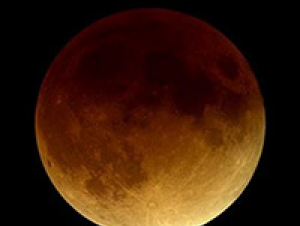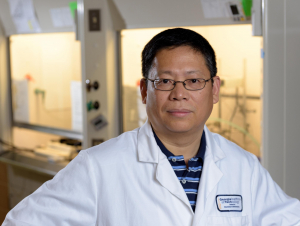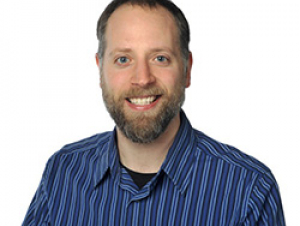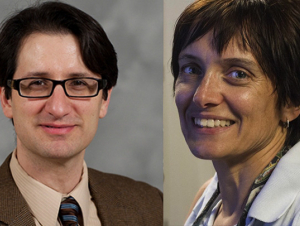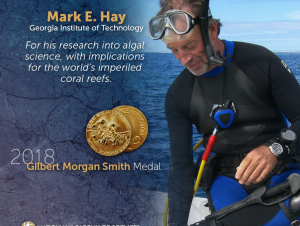To request a media interview, please reach out to experts using the faculty directories for each of our six schools, or contact Jess Hunt-Ralston, College of Sciences communications director. A list of faculty experts is also available to journalists upon request.
Latest News
The good news is that we don't need special eyeglasses to watch the Jan. 31, 2018, lunar eclipse. The bad news is that we won't see totality as the moon will set before it happens.
Researchers have published the first part of what they expect to be a database showing the kinetics involved in producing colloidal metal nanocrystals – which are suitable for catalytic, biomedical, photonic and electronic applications – through an autocatalytic mechanism.
Strange things happen at ultracold temperatures, when thermal energy is removed from a system and what remains is only the intrinsic energy of the particles in it. So-called quantum systems are the subject of intense curiosity, because of the interesting materials they have yielded.
Georgia Tech has developed a new way of mining data from climate data sets that is more self-contained than traditional tools. The methodology brings out commonalities of data sets without as much expertise from the user, allowing scientists to trust the data and get more robust — and transparent — results.
Mark E. Hay, Regents Professor and Harry and Linda Teasley Chair in the School of Biological Sciences at Georgia Tech, is the recipient of the 2018 Gilbert Morgan Smith Medal of the National Academy of Sciences. The award recognizes Hay’s research into algal science, with implications for the world’s imperiled coral reefs.
Space mission designers from NASA's Jet Propulsion Laboratory and mathematicians from Georgia Tech and Yeshiva University are gathering for a four-day workshop. The participants will work together in using mathematical tools to lower the fuel consumption of spacecraft through trajectory design.

